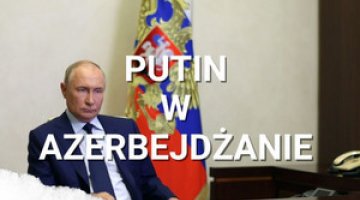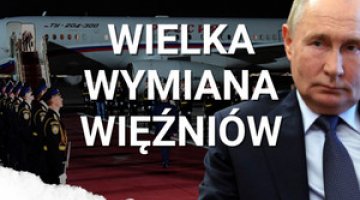‘The nationalisation of the elite’: Kremlin tracking officials’ foreign assets
On 2 April, Russian President Vladimir Putin issued two executive decrees implementing laws on anti-corruption and the monitoring of conformity of public officials’ expenditure with their income. The decrees specify the new requirements to the declarations of assets submitted by government officials at all levels and by heads of state corporations and companies appointed by the president (together with their spouses and minor children); in total, the measures cover more than a million people.The declarations in their new form must be submitted by 1 July, and must include a detailed list of all property held in Russia and abroad. By 1 October, the head of the Kremlin administration, Sergei Ivanov, is expected to present the president with the results of verification of the statements (Ivanov has stated that “there are not and cannot be any untouchable people in the fight against corruption in Russia”). Parliament is in the process of adopting amendments providing for a total ban on officials possessing foreign bank accounts, and an order to disclose any foreign real estate as well as the origin of the funds to buy it (the second and third reading of the bill is expected in the coming week).
Commentary
- The Kremlin’s anti-corruption campaign, which has been ongoing for several months, has two main objectives. The first is to take back the initiative from opposition activists and bloggers who over recent years have revealed many cases of fraud and corruption in power; their publications have been widely reported in Russia and abroad. The government is working to counteract the activity of ‘whistleblowers’, and is also trying to level similar charges at them; for example, the main Russian anti-corruption activist Alexei Navalny is facing two investigations of corruption.
- The campaign’s second objective is to discipline the Russian elite, which since Putin’s return to the Kremlin has shown signs of unrest and discontent with his policies. The Kremlin’s actions have already gained the title of ‘nationalisation of the elite’ – that is, efforts to restrict or closely control the Russian elite’s assets abroad, the aim of which is to increase their isolation and dependence on the Kremlin. At present, a single record of the elite’s estates and business interests is being compiled under the coordination of Sergei Ivanov and Yevgeny Shkolov; the latter is an assistant to the president, and head of an interdepartmental group on the fight against illegal financial operations, which the media refer to as the ‘super-secret-service’. In this way, the Kremlin is sending a signal that it has incriminating information about Russian officials, among whom it has been common to invest money abroad – money which largely derived from corrupt practices.
- In his policy of ‘nationalisation of the elite,’ Putin is relying on assistants with backgrounds in the special services, and who are believed to favour the ‘heavy-handed’ approach; these include Ivanov and Shkolov, and also his team’s main political strategist Vyacheslav Volodin, a deputy head of the Presidential Administration. This process is being accompanied by the marginalisation of those groups around Putin who have distanced themselves from the policy of repression towards Putin’s opponents among the public, business, and the officials themselves. This shift of influence is part of a broader process of so-called ‘conservative mobilisation’, which has been ongoing since Putin’s return to the Kremlin, and has resulted in a narrowing of the ruling camp’s social base to more traditionalist and anti-Western elites and groups in society.




